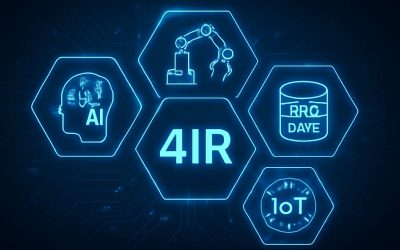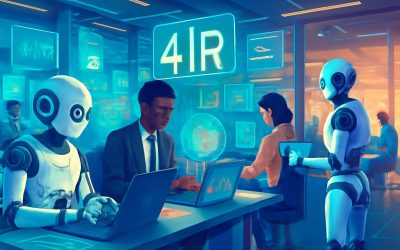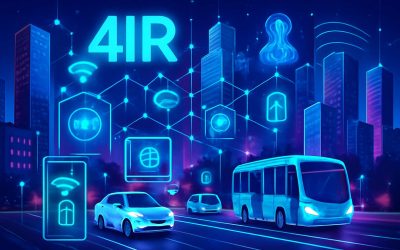
Artificial intelligence, or AI, is an umbrella term that encompasses a broad range of technologies, including machine learning, computer vision, natural language processing and more. It is a growing field that has the potential to revolutionise business and everyday life, but its exact impact on society remains to be seen.
Among the most common uses of artificial intelligence are predicting traffic, finding restaurant recommendations and assisting in medical diagnostics. It’s also being used in self-driving cars and in many other fields.
In business, AI is used to improve productivity and help businesses make sense of vast amounts of data that no human can process on their own. This can lead to increased efficiency and increased profits.
Online shopping: Most large e-commerce players use artificial intelligence to provide personalised product recommendations based on a user’s previous searches and purchases, and to offer customer support through chatbots. These bots are increasingly serving customers even in odd-hours or during peak hours, removing the bottleneck of limited human resources.
Travel: The AI-powered navigation system in your phone can get you to your destination much more quickly and efficiently than you ever could with paper maps or directions. It can also help you navigate unfamiliar places with ease, saving you time and money in the long run.
Administration: The AI-powered systems in many organizations are able to automate routine administrative tasks to minimise human errors and maximise efficiency. They can also help with transcriptions of medical notes through NLP and help structure patient information to make it easier for doctors to read.
Health: Healthcare organisations are using AI to improve patient outcomes by providing personalized medicine, helping diagnose disease and guiding hospital staff in performing surgery. They are also applying AI to review complex data sets that are useful in testing new medicines, helping to speed up the process of getting them to market.
Government: The OECD and other democracies around the world have adopted the Recommendation on Artificial Intelligence, the first set of intergovernmental principles that promote trustworthy AI. They encourage governments to invest in research and development, foster a broader digital ecosystem and encourage accountability.
The field of Artificial Intelligence has grown in the past 20 years, with a renaissance starting in the late 1990s that has continued through today. In that time, AI has broken new ground in computer vision, robotics, machine learning and more.
There are two main types of AI: reactive and non-reactive machines. Reactive machines have no memory and are task specific, whereas non-reactive ones have a larger memory and can use their previous experiences to inform future decisions.
Problem-solving: A type of AI that can be programmed to draw inferences or to perform logical deductions and then make decisions. This is an important capability in machine learning because it enables the creation of algorithms that learn to solve complex problems and solve them well without human intervention.
While artificial intelligence is a growing field, it still has a long way to go before we see machines capable of thinking and acting as rationally as humans. It is therefore crucial that we develop and implement sound policies to ensure that it becomes a positive force for good in the world.



0 Comments